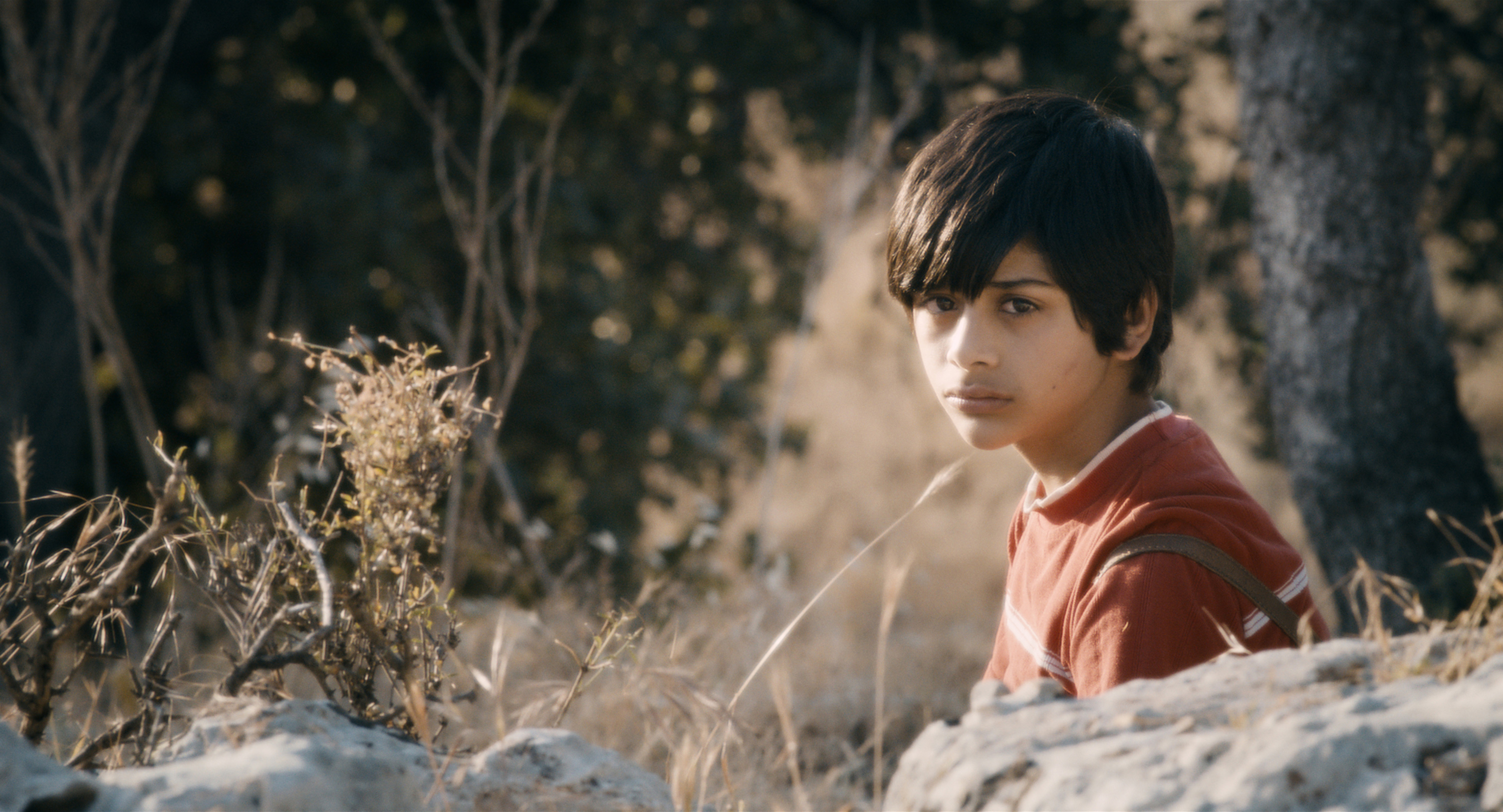LA Film Festival Reviews: ‘Crystal Fairy’ and ‘When I Saw You’

By Tony Huang
June 19, 2013 11:28 a.m.
My second day of L.A. Film Festival coverage seems to continue the template of seeing one comedy and one “serious” movie, this time with Michael Cera drug movie “Crystal Fairy” and Jordanian movie “When I Saw You,” respectively. I’d never heard of the latter, so that was my risky pick of the day, and it was rather disappointing. Nevertheless, coverage continues: read below and come back for daily capsules for the remainder of the festival.
Crystal Fairy
Director: Sebastián Silva
Studio: IFC Films
Release Date: July 12, 2013
Directed by Sebastián Silva, starring Michael Cera, and co-starring Silva’s brothers Agustín, José Miguel and Juan Andrés Silva, “The Crystal Fairy” is an unexpectedly rewarding stoner comedy. It’s rich with observational humor and resistant to hallucinogenic indulgences – when our characters get high, we just watch them get high, which isn’t as boring as is commonly suggested. There’s real life to the characters, especially the titular one. Yes, Crystal Fairy is the name of a character, and a great character at that, serving as the core of the film’s free-flowing, easy-come, surprisingly not-so-easy-go philosophy.
Crystal, played with startling sensitivity by Gaby Hoffman, is a bit of a bohemian: drug-wise, homeopathy-obsessed, somewhat kooky but mostly harmless. She happens to run into Jamie (Michael Cera) at a party in Chile, where she is serendipitously invited by Cera on a trip with his friends to get San Pedro. San Pedro is a cactus, and it is a cactus that, when cooked, yields a drug-juice that is apparently somewhat like the Holy Grail of mescaline. Cera is a bit obsessed with mescaline due to Aldous Huxley’s book “The Doors of Perception,” because he takes drugs very seriously. What follows is a surprisingly heartfelt battle between which stereotype is more nauseating: the hippie or the pedant. (Hint: it’s the pedant.)
The laughs come out consistently as soon as Crystal Fairy joins them. Cera insists that he didn’t invite her, to which his stoic friend (played by Juan Andrés Silva, and who gets all the best lines) deadpans, “no, that was an invitation, man.” He tries – sarcastically – to try to get the crew to leave her at a bus stop or something. And even though he’s pretty awkward himself, always putting the cactus before actually having fun with his friends, he finds her insufferable, even though she’s really quite charming.
But it’s not all office-style cringe-comedy; by the time the crew actually gets to doing mescaline, spirits warm and reality sets in gently around their bonfire. (This is not an endorsement. Don’t do drugs, kids.) Secrets are revealed, some funny, some not so much, and a palpable bond begins to form as the crew begins to wind down from their trip. Appropriately for a drug movie, though, the epiphany is only half – and by the end, we’re so invested in the characters that Silva pulls exactly the right tone of melancholy to give the film a surprising emotional depth.
When I Saw You
Director: Annemarie Jacir
Studio: Philistine Films
Release Date: TBA
“When I Saw You” follows Tarek (Mahmoud Asfa), an 11-year old boy whose father was caught up in the 1967 Israel-Palestine conflicts, and his mother Ghaydaa (Ruba Blal), as they navigate refugee life. It’s nobly mounted by director Annemarie Jacir, who is clearly on a mission higher than making a great film; this is a political statement through and through, complete with liberal Marx and/or Mao quotes and an aesthetic that’s blander than rice soup. It’s an excruciating experience, although your mileage may vary depending on where you stand on the Palestine-Israel issue.
The problem inherent to this movie isn’t necessarily its politics, but the way they’re presented: through the eyes of an 11-year-old who misses his dad. This is portrayed as something intrinsic – that the hope of youth leads to purity of thought, that his support for Palestine means that his joining the militia is justified and even honorable. This is practically the definition of a juvenile view of politics, given to naive “common-sensical” judgment and little serious thought on the issue. Tarek, a reckless, stubborn, precocious little boy, is surely smart, and his eyes are quite wide, but he’s hardly a substitute for actual rigor of thought.
But I could forgive a film for not summarizing some hundred-page document on the conflict, if it were remotely convincing. The acting is cute but extremely simple. Jacir is obsessed with a sort of heroic lighting that neutralizes any ambiguity in facial expression, staging is spare to the point of being non-existent and the plot is almost template-cut: youth wants homeland, joins freedom fighters, mom disapproves, etc., etc. If a movie wants to be political, it can either provide the intellectual goods or at least not be a drag. This one’s a drag, and I feel unenlightened.

